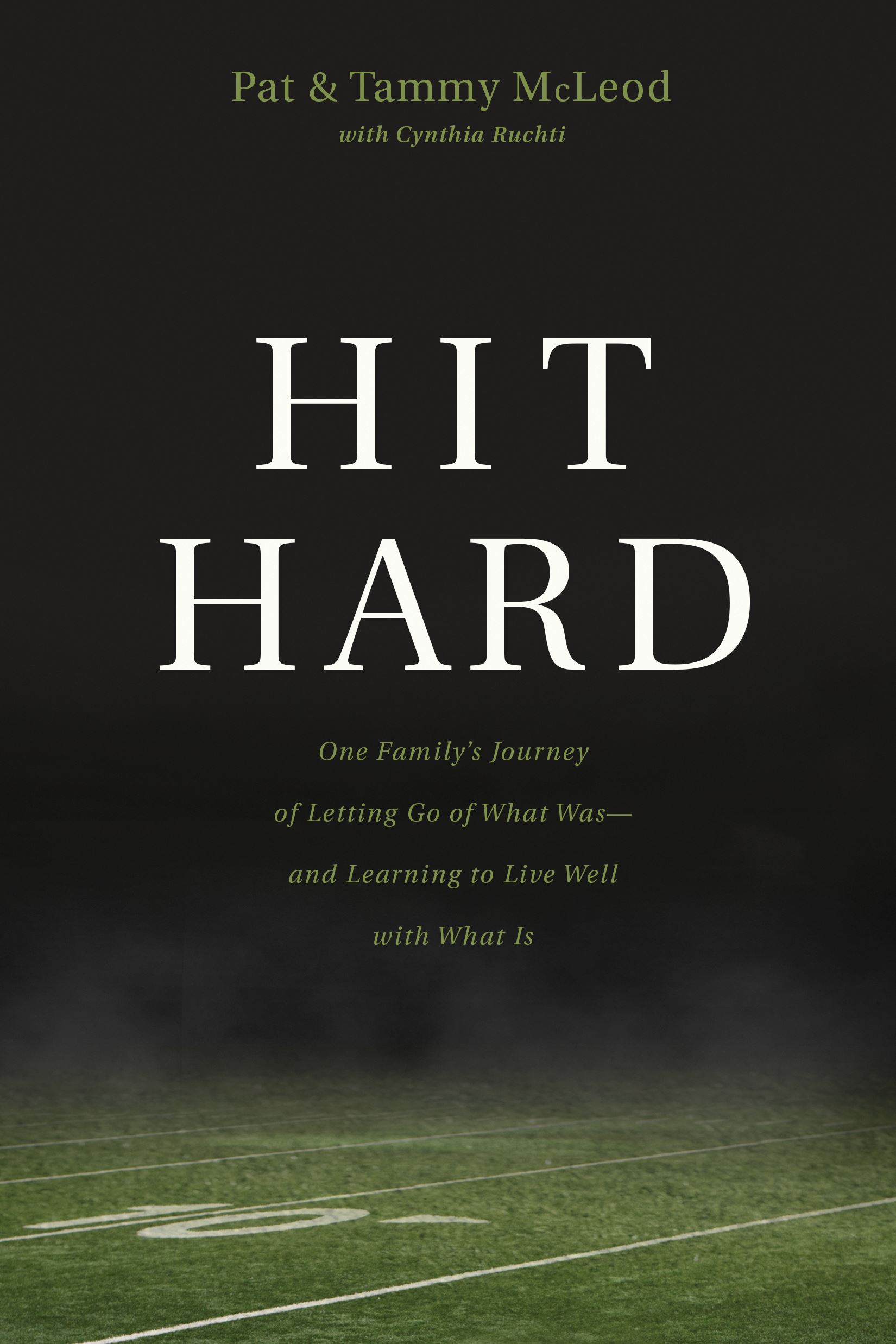Blessed are Those Who Mourn: Meeting God in the Midst of Suffering

“Have you ever suffered? Have you ever lost someone? Have you ever really mourned?”
A conference attendee pelted me with these questions after I finished speaking on the second beatitude of Jesus’ famous Sermon on the Mount, “Blessed are those who mourn, for they will be comforted.” (Matthew 5:4)
I hesitated before responding. Judging from the tone in his voice and the look in his eyes, the middle-aged man wasn’t looking for answers. He was making a statement. He clearly had no interest in having someone who had never really suffered loss dare to lecture him about mourning.
I should have answered the man by inviting him to tell me about his own experience with suffering or loss. Instead, I admitted, “No, not really.” He nodded disapprovingly and said, “That’s what I thought.”
Why We Don't Mourn
I grew up believing that you don’t deal with pain and loss by pouting or dwelling on it. You suck it up and keep going.
On those few occasions when I should have mourned — like after my grandfather died — it seemed everything that could be done to numb the pain of death was done already. I walked into a funeral home that was made to look and feel like a normal home. The rooms inside looked like calming bedrooms. The casket resembled a fancy mahogany bed frame with a silk-lined memory foam mattress inside. And my grandfather, who lay there sleeping, was dressed more nicely and looked significantly better than the last time I had seen him.
Even the funeral that followed focused on celebrating life, rather than mourning death and the brutal suffering that preceded it. Consequently, the disapproving audience member who asked the loaded questions was right. I was in no position to talk about the blessed sacredness of mourning. I had never really mourned.
Until the day I received that dreaded call. The call every parent hopes they’ll never get — the call that informed me my sixteen-year-old son had been injured on the football field and was being airlifted to a hospital to undergo emergency brain surgery.
My son survived the surgery that night, and the four brain surgeries that followed, but a significant portion of his brain did not. The privileged life that had insulated me from pain, suffering, death, and mourning ended that day. And my first experiential understanding of what Jesus meant by “Blessed are those who mourn, for they shall be comforted” began.
What is the blessedness of mourning?
In the eleven years since our son Zach was disabled, three of the four most profound emotional, intellectual, spiritual, and even physical experiences of life have occurred in moments of intense mourning related to Zach’s injury. One of those experiences occurred one week after Zach’s injury. Our daughter, Chelsea, had left for her first year of college two weeks before Zach’s accident. We waited until Zach’s condition stabilized and he woke from his medically-induced coma before we flew her home to visit him in the hospital.
From the moment I saw her standing curbside at the airport until the moment I saw her eyes well up with tears when she stood bedside with Zach — her best friend as well as brother — I sensed a growing awareness of fomenting sorrow brewing inside me — a force more and more difficult to contain. I held it in throughout the morning visit. Barely. When we left the hospital and drove to a nearby restaurant for lunch, I dropped Chelsea and my wife, Tammy, at the entrance and went in search of a place to park.
The moment my wife and daughter got out of the car and entered the restaurant, I began to weep. I sobbed uncontrollably. For the first time in my life, I wailed and moaned in emotional anguish. It was as if observing Chelsea’s deep sadness gave me permission to feel my own. I surrendered to an uncontainable sorrow. For the first time, I was mourning.
The eruption of emotion, more intense than anything I had ever experienced, was in many ways predictable. I had felt it coming as the series of circumstances unfolded during the previous week. But in those few short moments after my mourning was allowed space to breathe, I was caught by surprise by the emotion that accompanied and enveloped my wailing. Indescribable in that instance, it became clear later in the day.
Zach’s school opened up their gymnasium that afternoon for a prayer vigil. What a gift, but what a hard thing to imagine — a prayer vigil for our child. Though somber, the vigil truly was a gift. After singing two of Zach’s favorite songs and offering a moment of silent prayer and reflection, the organizers invited a few of Zach’s school friends to share a brief tribute to Zach.
Mike — a leader on the football team — stood to speak. He told a story of sitting next to Zach on a bus ride. Zach had fallen asleep while reading his Bible. Noticing that Zach’s Bible slid off his lap and onto the floor, Mike picked it up. Curious, he began reading what Zach had been reading. The Sermon on the Mount.
Jesus Promised: “Blessed are those who mourn, for they will be comforted” (Matthew 5:4).
The moment he read that beatitude, a light went on inside of me, and compelled me to offer a few comments to the crowd gathered that afternoon.
Ironically, I reiterated many of the same words I had said nearly eight years earlier at the conference where I had been confronted by the “You’re no mourning expert” conferee. I admitted that I had always found it strange that Jesus would espouse such an obvious oxymoron.
In essence, He said, “How happy are those who are sad.” I confessed I had a lot to learn about what Jesus actually meant by those words. But one thing that I knew he did not mean was that grief, sorrow, and loss are not real or not painful.
I also admitted I had never felt such overwhelming sadness as I’d felt earlier that day. Clearly “blessed are those who mourn” does not mean we are happy in our sorrow because our sorrows, losses, pains, or sadnesses are not real or deeply felt. They are. What followed my eruption of sorrow in the car was a deep and almost indescribable feeling of consolation.
It came from the realization that my pain was pulling me into a story greater than our own small story of tragedy — a story of a Father who had endured the suffering of His own Son and who felt, who understood, who could sympathize with and comfort me in my pain.
How does blessing come through mourning?
I’m still no expert on mourning, but the blessedness of God’s comfort — the sense of peace, unshakable joy, love, consolation, life, and communion — did not and could not circumvent the pain of mourning. They came through it and in the midst of it in several ways.
First of all, these moments of mourning enabled me to see the world as it really is — as both dignified and broken. When God became incarnate, He dignified the material world by making it the dwelling place of His holiness. Yet the world is also full of sin, death, injustice, suffering, and evil.
Mourning acknowledges both good and evil in the world.
Second, through mourning, we see ourselves as we really are — as those created in God’s image to know God and commune with Him in perfect love.
But our sin has marred that image. Evil and death are not just at work out there in the world; they exist inside of me. Through mourning, we linger over the effects of our sin on others, including the Son of God. The resulting sorrow leads to repentance and change.
Third, and most important, moments of intense suffering and loss and the mourning that follows give us a glimpse of God as He really is — as the crucified God who “was despised and rejected by mankind, a man of suffering, and familiar with pain. Like one from whom people hide their faces he was despised, and we held him in low esteem. Surely he took up our pain and bore our suffering” (Isaiah 53:3-4).
What role does mourning play in our faith?
My conversation with the man who confronted me after my talk did not end with my admission that I really had not experienced deep pain, suffering, and grief. I added that even though I had not yet experienced great loss, I was quite confident that one day I would.
When I did experience suffering and loss, my heart would be able to take refuge in knowing what Jesus said about mourning. Mourning can bring us into a deeper understanding of the gospel. The blessedness of God’s comfort (the peace, joy, love, life) does not circumvent mourning.
Blessedness comes through mourning.
Whether you have suffered, are suffering, or one day will suffer, you can take comfort in knowing that our crucified God will be there in the midst of it.
Photo credit: ©Unsplash/Danie Franco

Originally published June 24, 2022.







